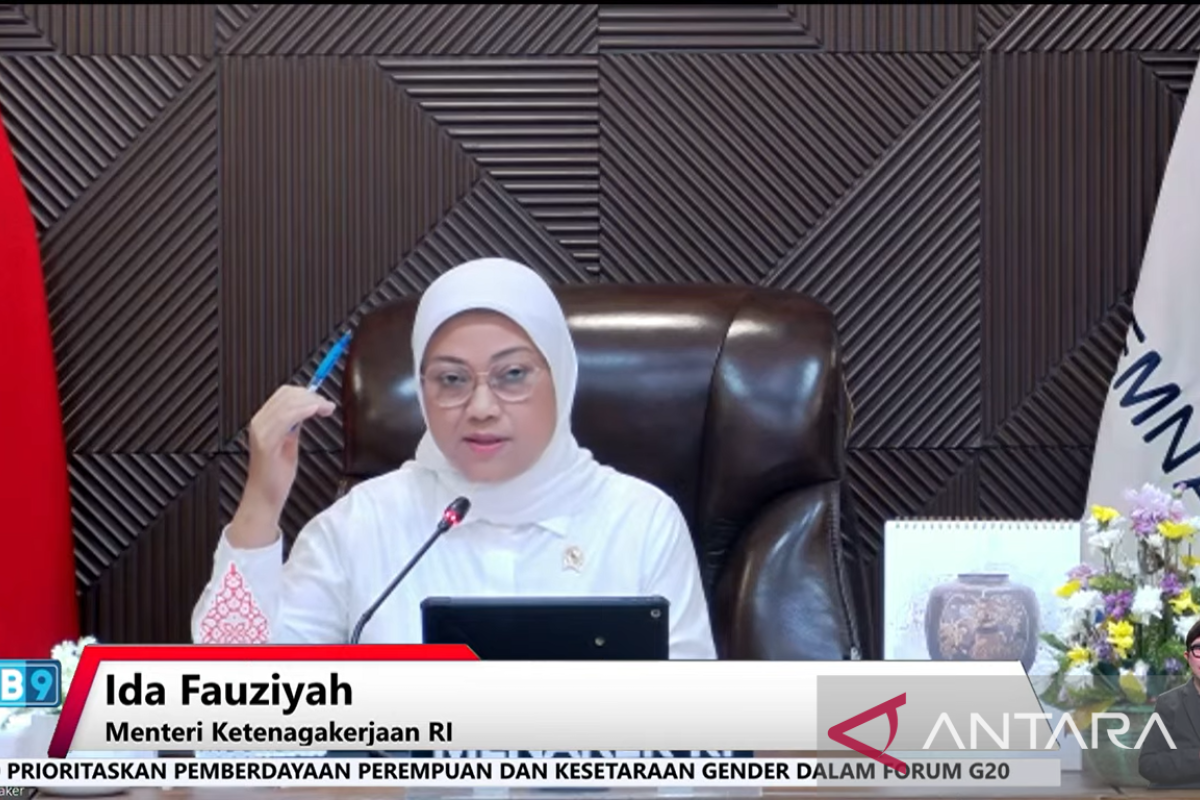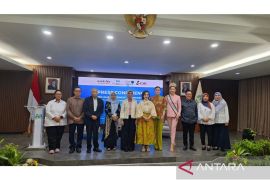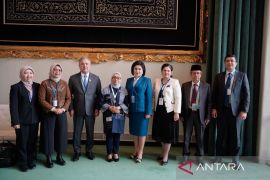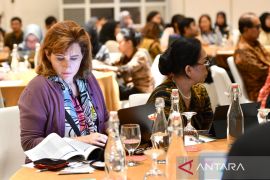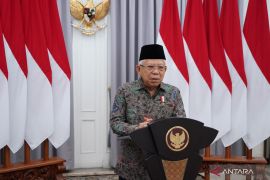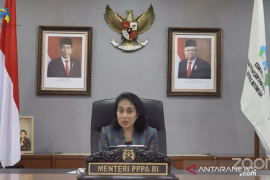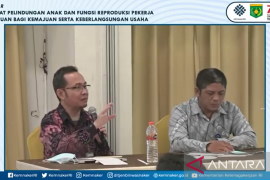"Regulations, ranging from our Constitution to the ratified ILO conventions, show that the state is present to provide protection and prevention against all forms of discrimination against women. Including discrimination in the workplace," the minister remarked during a virtual discussion on 'Forum Merdeka Barat 9' (West Merdeka Forum 9), accessed from here on Monday.
The Manpower Minister cited the examples of several international conventions which have been ratified by Indonesia to promote gender equality, such as Law Number 7 of 1984 about the Ratification of the Convention on the Elimination of All Forms of Discrimination Against Women.
The International Labor Organization (ILO) convention on wages has also been ratified through the issuance of Law No. 80 of 1957 regarding the Approval of the International Labor Organization Convention No. 100 concerning Equal Pay for Male and Female Workers for Work of Equal Value.
Indonesia has also ratified the ILO convention related to discrimination in employment and occupation through Law No. 21 of 1999 about Ratification of the ILO Convention No. 111 Concerning Discrimination in Respect of Employment and Occupation.
The prevention of discrimination against women has also been stipulated through the issuance of policies such as Presidential Instruction Number 9 of 2000 about Gender Mainstreaming in National Development.
Related news: Waiving placement fee for migrant workers prevents human trafficking
Fauziyah also pointed to Article 27 in the Constitution, which guarantees that every citizen has the right to work and earn a decent living.
She highlighted that the regulations have also assured protection to women workers in terms of reproductive aspects, such as the right to rest during menstruation and after childbirth and a miscarriage.
There is also a prohibition on employing pregnant women in unfavorable conditions, such as making them do night shifts, which could risk or endanger their safety and health.
Related news: Gov't unveils gender-responsive migrant workers' protection guideline
Translator: Prisca T V, Mecca Yumna
Editor: Rahmad Nasution
Copyright © ANTARA 2022
